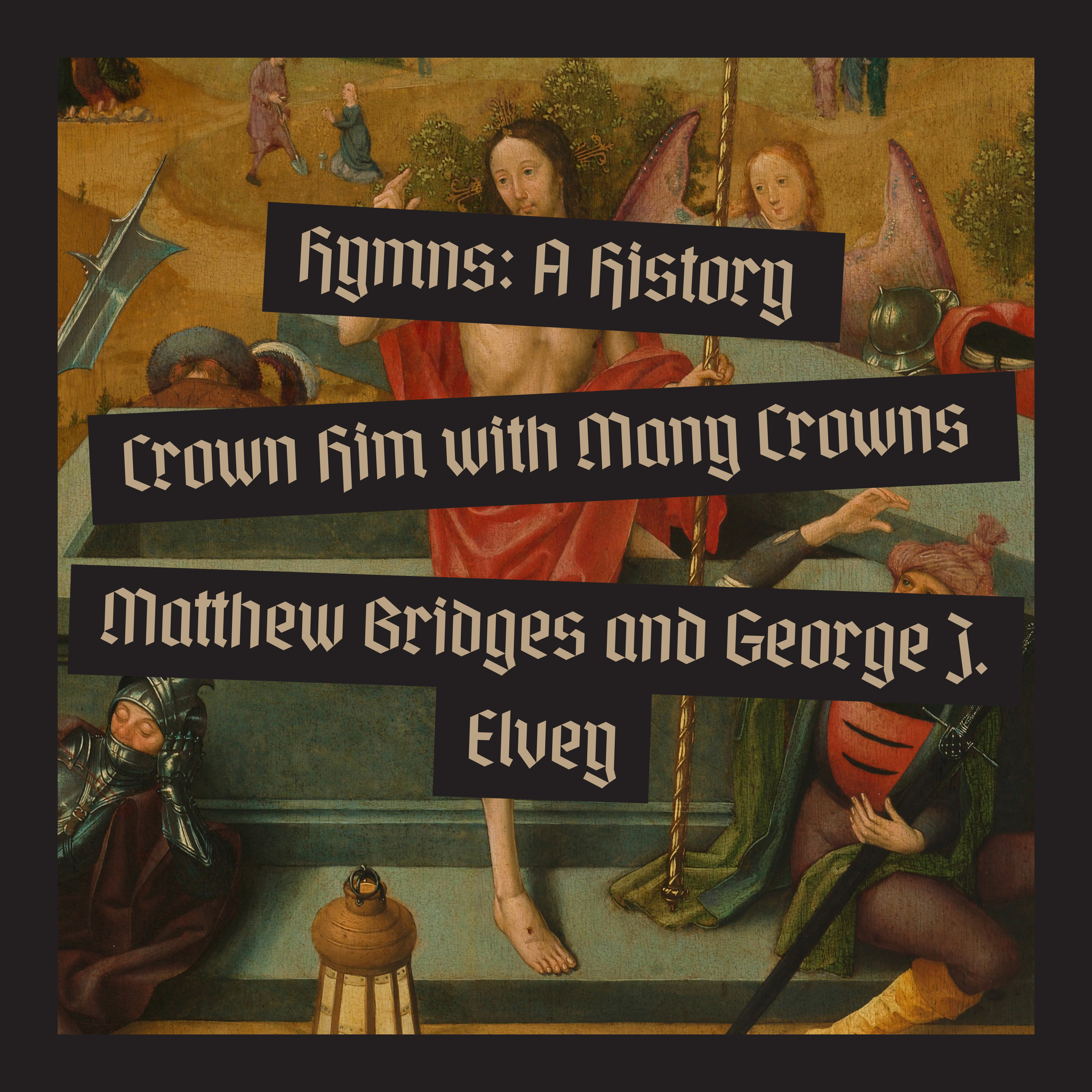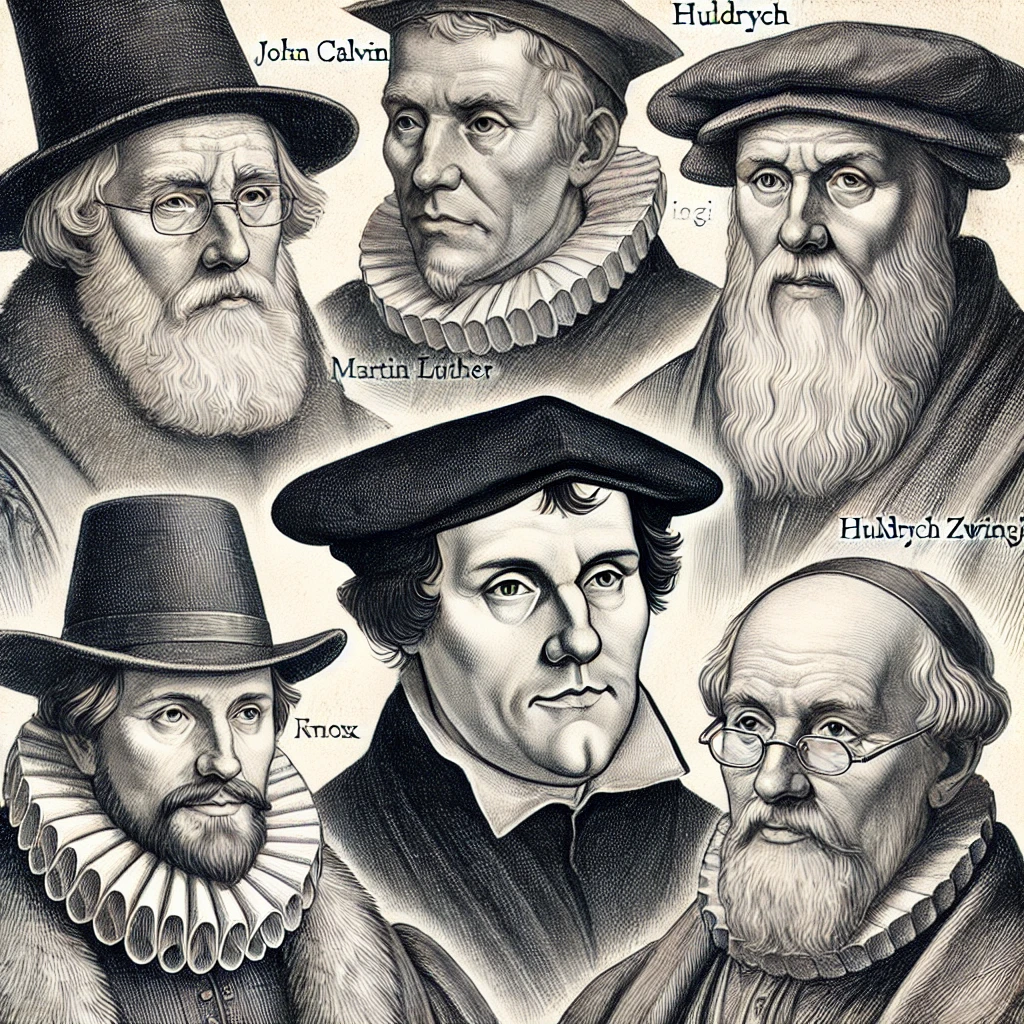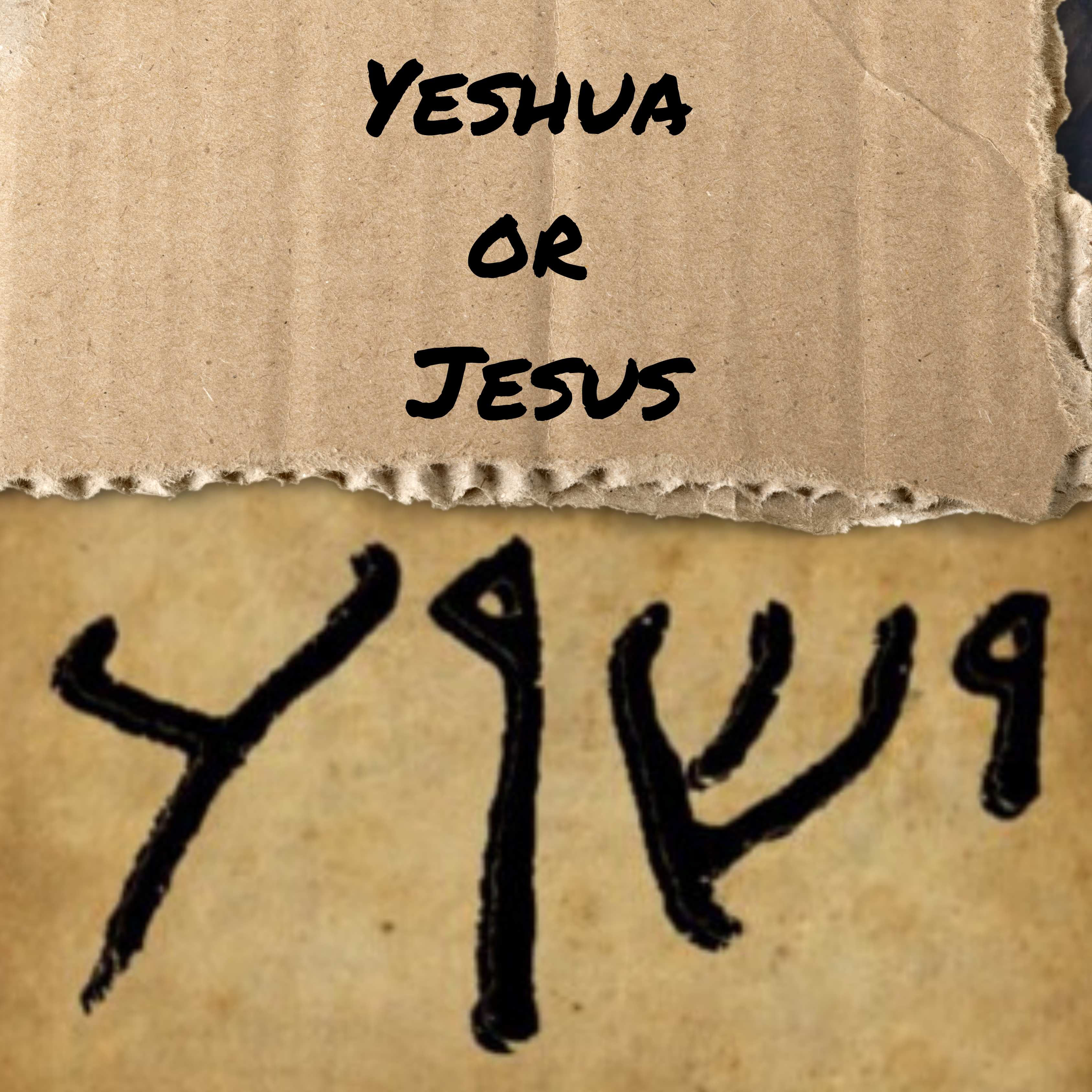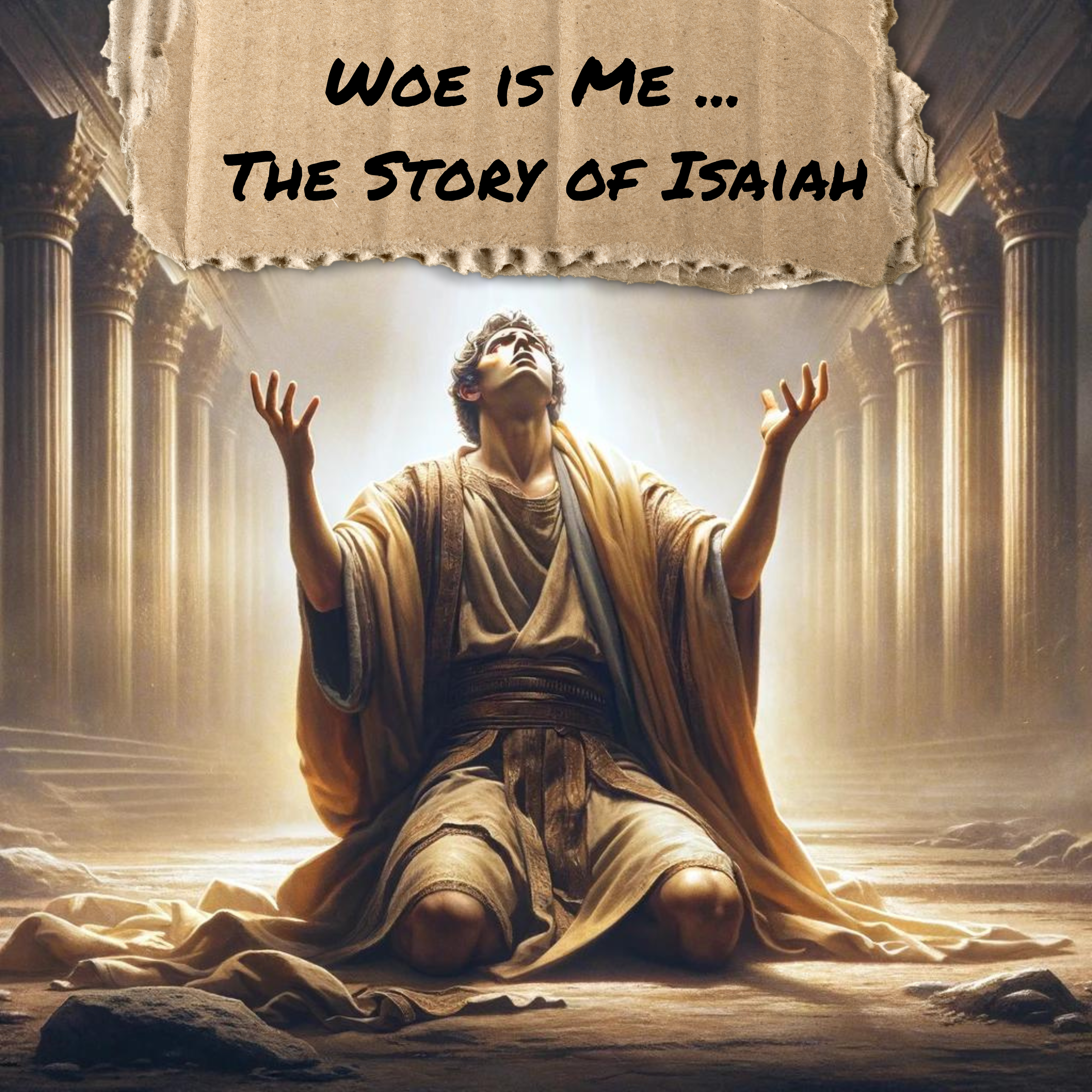
Lyrics
Crown him with many crowns,
The Lamb upon his throne;
Hark! how the heavenly anthem drowns
All music but its own:
Awake, my soul, and sing
Of him who died for thee,
And hail him as thy matchless king
Through all eternity.
Crown him the Virgin’s Son!
The God Incarnate born,–
Whose arm those crimson trophies won
Which now his brow adorn!
Fruit of the mystic Rose
As of that Rose the Stem:
The Root, whence mercy ever flows,–
The Babe of Bethlehem!
Crown him the Lord of love!
Behold his hands and side,–
Rich wounds, yet visible above,
In beauty glorified:
No angel in the sky
Can fully bear that sight,
But downward bends his burning eye
At mysteries so bright!
Crown him the Lord of peace!
Whose power a scepter sways,
From pole to pole,–that wars may cease,
Absorbed in prayer and praise:
his reign shall know no end,
And round his pierced feet
Fair flowers of paradise extend
Their fragrance ever sweet.
Crown him the Lord of years!
The Potentate of time,–
Creator of the rolling spheres,
Ineffably sublime!
Glassed in a sea of light,
Where everlasting waves
Reflect his throne,–the Infinite!
Who lives,–and loves–and saves.
Crown him the Lord of heaven!
One with the Father known,–
And the blest Spirit, through him given
From yonder triune throne!
All hail! Redeemer,–Hail!
For Thou hast died for me;
Thy praise shall never, never fail
Throughout eternity!
Crown him with crowns of gold,
All nations great and small,
Crown him, ye martyred saints of old,
The Lamb once slain for all;
The Lamb once slain for them
Who bring their praises now,
As jewels for the diadem
That girds his sacred brow.
Crown him the Son of God
Before the worlds began,
And ye, who tread where He hath trod,
Crown him the Son of Man;
Who every grief hath known
That wrings the human breast,
And takes and bears them for His own,
That all in him may rest.
Crown him the Lord of light,
Who o’er a darkened world
In robes of glory infinite
His fiery flag unfurled.
And bore it raised on high,
In heaven–in earth–beneath,
To all the sign of victory
O’er Satan, sin, and death.
Crown him the Lord of life
Who triumphed o’er the grave,
And rose victorious in the strife
For those he came to save;
His glories now we sing
Who died, and rose on high.
Who died, eternal life to bring
And lives that death may die.
Crown him of lords the Lord,
Who over all doth reign
Who once on earth, the incarnate Word,
For ransomed sinners slain,
Now lives in realms of light,
Where saints with angels sing
Their songs before him day and night,
Their God, Redeemer, king.
Crown him the Lord of heaven,
Enthroned in worlds above;
Crown him the king, to whom is given
The wondrous name of Love,
Crown him with many crowns,
As thrones before him fall.
Crown him, ye kings, with many crowns,
For He is King of all.
Amen!
“Crown Him with Many Crowns” stands as a majestic and powerful hymn, rich in history and theological depth. Written in 1851, this hymn is a collaborative masterpiece that brings together the lyrical prowess of Matthew Bridges and Godfrey Thring, set to the rousing tune ‘Diademata’ composed by Sir George Job Elvey. Over the years, it has found a place in numerous hymnals, crossing denominational boundaries and becoming a beloved piece in Christian worship.
The Collaborative Creation
The hymn’s creation is a unique instance of interdenominational collaboration. Matthew Bridges, a convert to Roman Catholicism, wrote the initial six verses. His verses reflect a high Christology, focusing on the glory and kingship of Christ. Bridges’ verses were published in his 1852 book, “Hymns of the Heart.”
Godfrey Thring, an Anglican clergyman, later added six more verses in the 1870s. Thring’s addition was motivated by a desire to provide a more Protestant counterpoint to Bridges’ Catholic-leaning verses. Despite the different theological backgrounds of Bridges and Thring, the hymn seamlessly weaves together their perspectives, offering a rich tapestry of Christian doctrine concerning Christ’s kingship.
The Tune ‘Diademata’
The hymn’s enduring popularity is also due to its majestic tune, ‘Diademata,’ composed by Sir George Job Elvey, a distinguished organist and composer at St. George’s Chapel, Windsor Castle. Elvey’s tune was specifically composed for “Crown Him with Many Crowns,” and its grandeur and triumphal tone perfectly complement the regal imagery of the lyrics.
Theological Richness
“Crown Him with Many Crowns” is renowned for its theological depth. The hymn covers various aspects of Christ’s identity and work: His role as the King of Kings, His redemptive death on the cross, His triumphant resurrection, and His eternal reign. It encapsulates key Christian doctrines, making it a mini-theological treatise as much as a hymn.
The Twelve Verses
The hymn originally has twelve verses, divided into two sets of six. The first six, by Bridges, focus on themes of praise and adoration for Christ’s glory and power. The second set by Thring delves into aspects of Christ’s work in creation, redemption, and eventual return. This dual authorship provides a broad and encompassing view of Christ’s significance, from His heavenly attributes to His earthly mission.
Conclusion
“Crown Him with Many Crowns” is more than a hymn; it is a declaration of faith, a celebration of Christ’s sovereignty, and a reflection of the church’s unity in its diversity. Its enduring appeal lies in its ability to articulate profound theological truths through poetic lyrics and majestic music. As it continues to be sung in churches around the world, it remains a testament to the timeless nature of Christian worship and the unchanging glory of the One it exalts.






